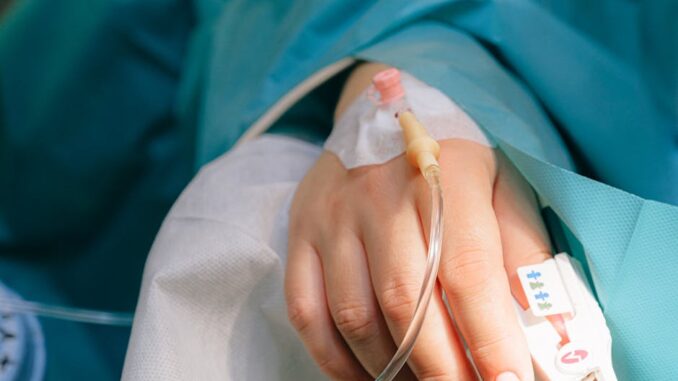
Summary
This article provides guidance on recovering from opioid use disorder (OUD). It discusses the prevalence of recovery, the challenges involved, and the importance of treatment and support. The article emphasizes that recovery is possible with the right resources and strategies.
** Main Story**
Recovering from opioid use disorder (OUD) is a tough climb, no doubt. But it’s absolutely doable. I mean, think about it – millions of Americans are living proof that recovery is possible. It’s not easy. And I want to walk you through some steps towards recovery, offering practical advice and, hopefully, some helpful insights.
Understanding the Challenge
OUD, sadly, doesn’t discriminate. It affects people from all walks of life. It’s a chronic condition, pretty similar to diabetes or heart disease, which means it needs continuous management. Relapse? Yeah, it’s a possibility. But, it’s not a sign of failure, far from it! Instead, it’s a signal to tweak your treatment strategy, reassess, and maybe try a different approach. Like when I was learning to code, I stumbled over a particularly tricky bug for days, only to realize I needed to rethink my entire approach.
Prevalence of Recovery
Sure, the opioid crisis is still a massive problem. Yet, a significant number of people do bounce back from OUD. Studies suggest something like 3 out of 4 individuals facing addiction eventually find their way to recovery. Even better, around 1.2 million American adults report having successfully tackled an opioid problem. These aren’t just numbers; they’re testaments to resilience. Recovery is within reach, believe it or not!
Steps Towards Recovery
1. Seek Professional Help
The first, and maybe hardest, step is admitting there’s a problem and then reaching out for professional help. So, think about talking to your doctor, a therapist, or contacting a treatment center. Finding the right treatment program is key. Inpatient rehab provides intense care and structure, perfect for folks who really need that level of support. Then again, outpatient programs can work if you’ve got a strong support network already in place. It really depends on your specific situation.
2. Medication-Assisted Treatment (MAT)
Medications like methadone, buprenorphine, and naltrexone? They can be game-changers in recovery. They help manage those awful withdrawal symptoms, dial down cravings, and get your brain chemistry back on track. This is a personal call, of course. But the evidence? It heavily backs MAT for a successful recovery journey. Just be sure to speak to a medical professional to see if it is right for you.
3. Therapy and Counseling
Therapy? It’s super important. Crucial, even. It’s about digging into those underlying issues that contribute to opioid misuse. It helps you figure out your triggers, build coping mechanisms, and shake up those unhealthy thought patterns. Individual and group therapy, alongside relapse prevention training, are usually part of a solid treatment plan. So, don’t underestimate the power of talking things through.
4. Support Systems
Building a rock-solid support system? It’s a must. Support groups, peer recovery coaches, family, friends – they’re your cheerleaders and your safety net. They can offer encouragement, share their own experiences (if they’ve been through similar situations), and give you a safe place to vent. A good support system is worth its weight in gold. I had a friend get me through a really tough breakup, and I can honestly say without him I dont know what I would have done!
5. Long-Term Commitment
Recovery is a marathon, alright? Not a sprint. It demands a long-term commitment and consistent effort. Just like managing any chronic disease, setbacks happen. Relapse? It’s not game over; it’s a chance to reassess and tweak your recovery plan. Remember, it’s okay to stumble, as long as you get back up.
Additional Support Resources
There’s a ton of resources out there to help you find treatment and support:
- The Substance Abuse and Mental Health Services Administration (SAMHSA) National Helpline: 1-800-662-HELP (4357)
- SAMHSA’s online treatment locator: https://findtreatment.samhsa.gov/
Recovery from OUD? It’s not a destination; it’s a journey. It’s a continuous process of growth and healing. By taking these steps and tapping into the available support, you can reclaim your life and achieve long-term recovery. You’re not alone, and recovery is possible. So, take that first step, and keep moving forward.


Be the first to comment